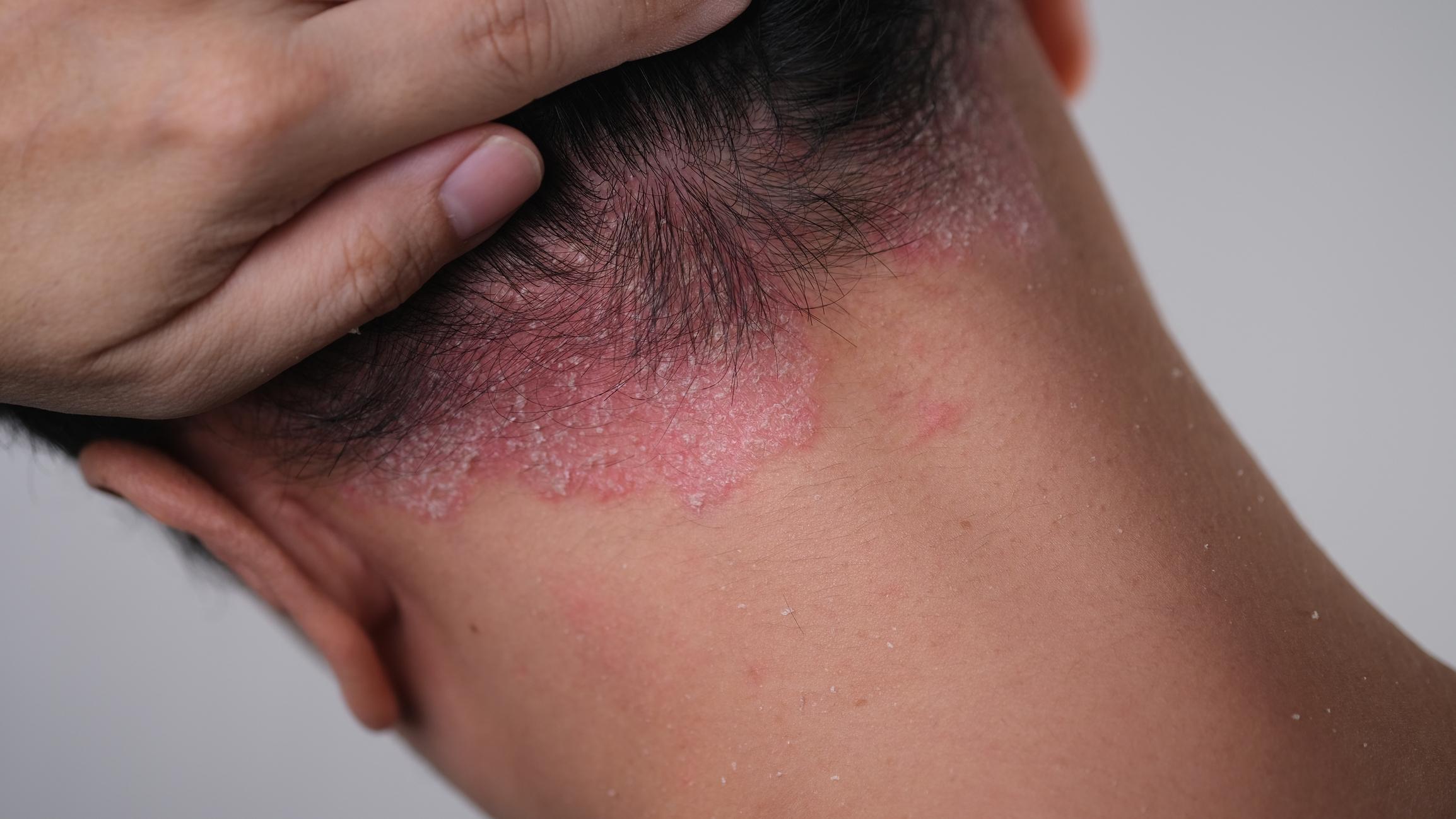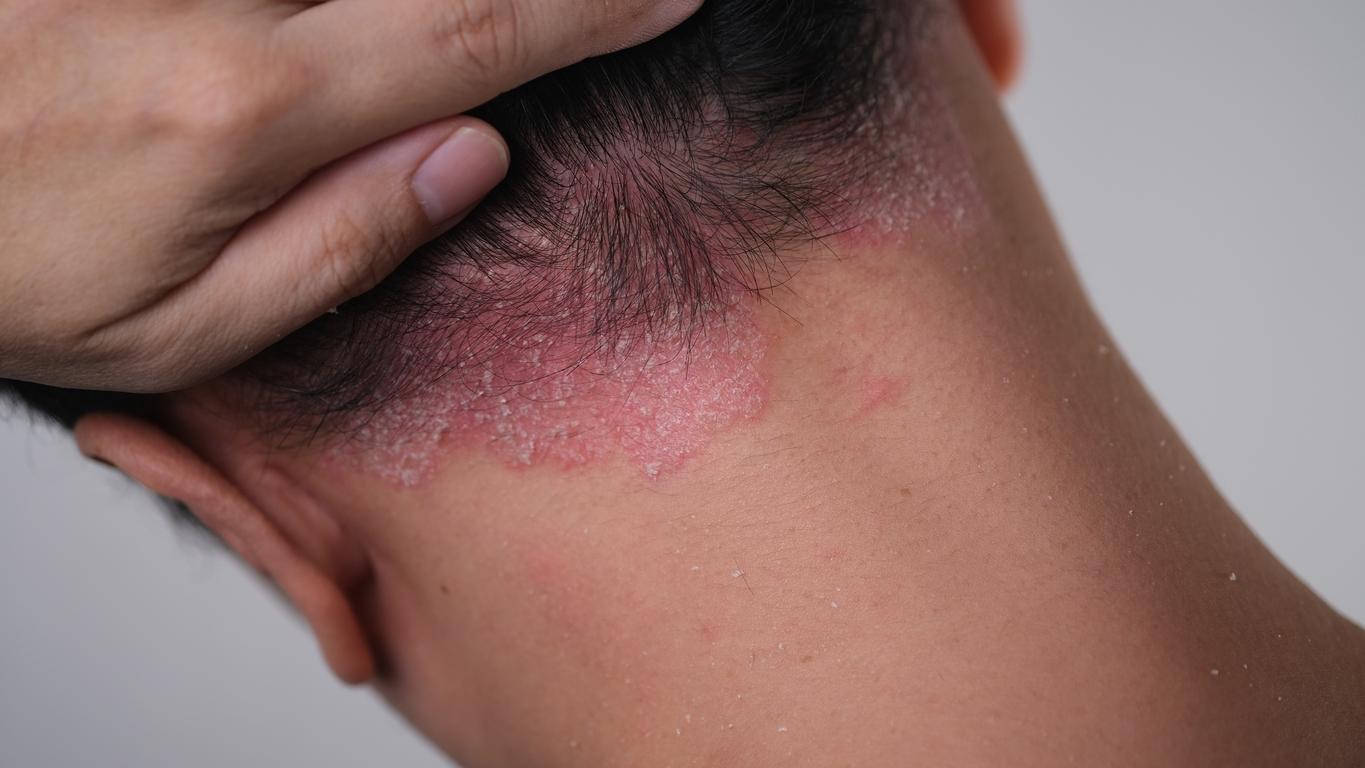These two inflammatory skin diseases originate in certain cells whose immunity they overactivate. Instead of forming a protective layer, immune cells fail to understand information, which causes disease.
-1611318670.jpg)
- Eczema and psoriasis are triggered by overuse of skin cells.
- Immune cells, which are supposed to create a protective layer on the skin, are not doing their job properly.
- Instead, overactivation of immune cells causes skin disease.
The skin is the first barrier against external aggressions, viruses and bacteria. However, as effective as this protection is, it can have its flaws. Researchers from the Wellcome Sanger Institute, Newcastle University and King’s College London (UK) have created an atlas of skin cells. They were thus able to discover that the skin of people suffering from eczema and psoriasis, two inflammatory skin diseases, had a reactivated cellular development process, which should not be the case. The study was published on January 22, 2021 in the journal Science.
Map all skin cells
The skin is a complex tissue made up of many different types of cells. Inflammatory skin diseases such as atopic eczema and psoriasis are chronic conditions, in which the immune system becomes overactive, causing itchy or scaly skin that can be very painful and prone to infection. Although these pathologies are widespread, there are no real cures or effective treatments because commercial products relieve the symptoms and not the cause.
To better understand where these skin problems originate, the researchers took biopsies from healthy adults and from patients with eczema and psoriasis, which they compared to analysis of developing skin. . Using state-of-the-art machines with artificial intelligence, the researchers were able to analyze more than half a million skin cells, to see exactly which genes were activated in each cell. This allowed them to find out what each cell does and how they communicate with each other. Surprisingly, diseased skin cells share many of the same cellular mechanisms as developing cells.
Possible applications on other diseases
“This Atlas of Skin Cells Reveals the Specific Molecular Signals Healthy Developing Skin Sends to Call Into Immune Cells and Form a Protective Layeranalyzes Muzlifah Haniffa, co-lead author of the study, professor at the University of Newcastle and member of the associated faculty of the Wellcome Sanger Institute. We were amazed to see that eczema and psoriasis skin cells sent the same molecular signals, which could over-activate immune cells and cause disease. This had never been seen before. Discovering that developing cellular pathways reappear is a big step forward in our understanding of inflammatory skin diseases, and offers new avenues for finding treatments.”
Through this study, researchers were able to uncover how healthy skin tissue develops while perfectly mapping the cells that make up adult skin. For Dr. Gary Reynolds, first author of the study and professor at the University of Newcastle, this discovery could go beyond a treatment against skin problems. “Although our study focused on inflammatory skin diseases, it is possible that other inflammatory diseases such as rheumatoid arthritis or inflammatory bowel disease could be triggered in the same way. This research shows the importance of studying development, and could open entirely new avenues for research into inflammatory diseases.”
.














